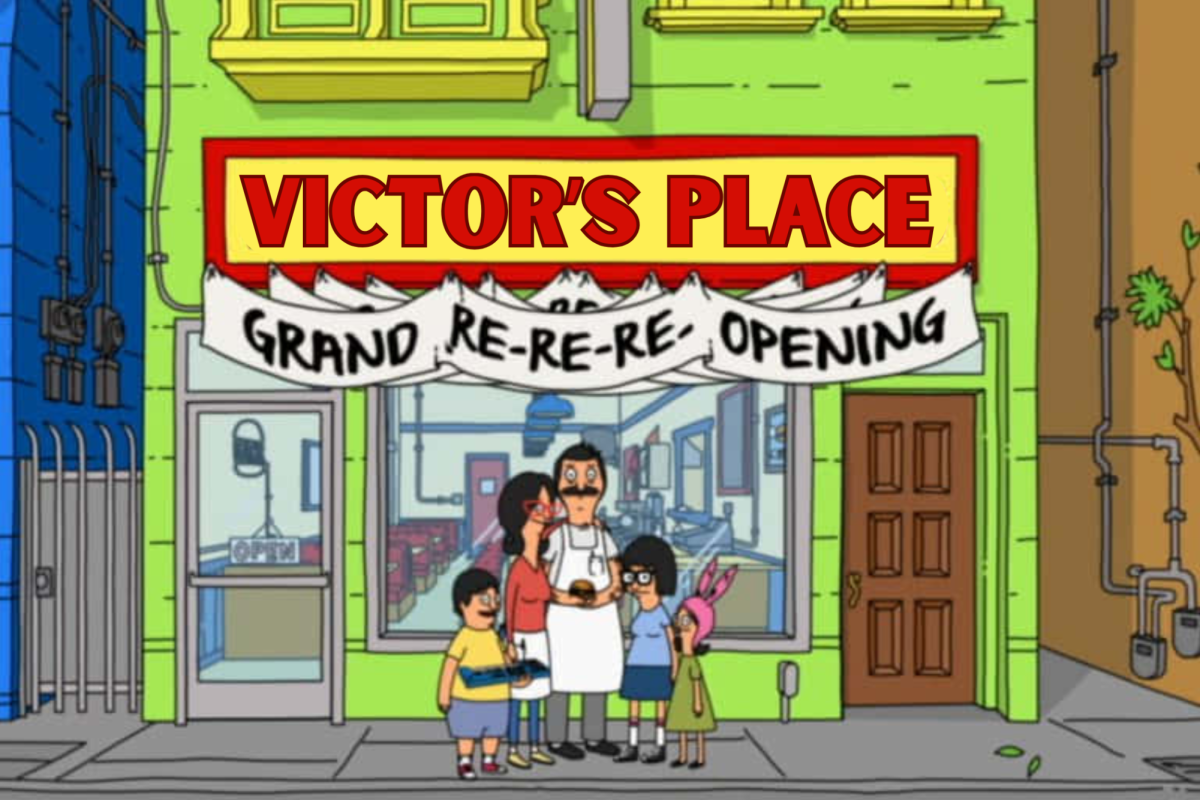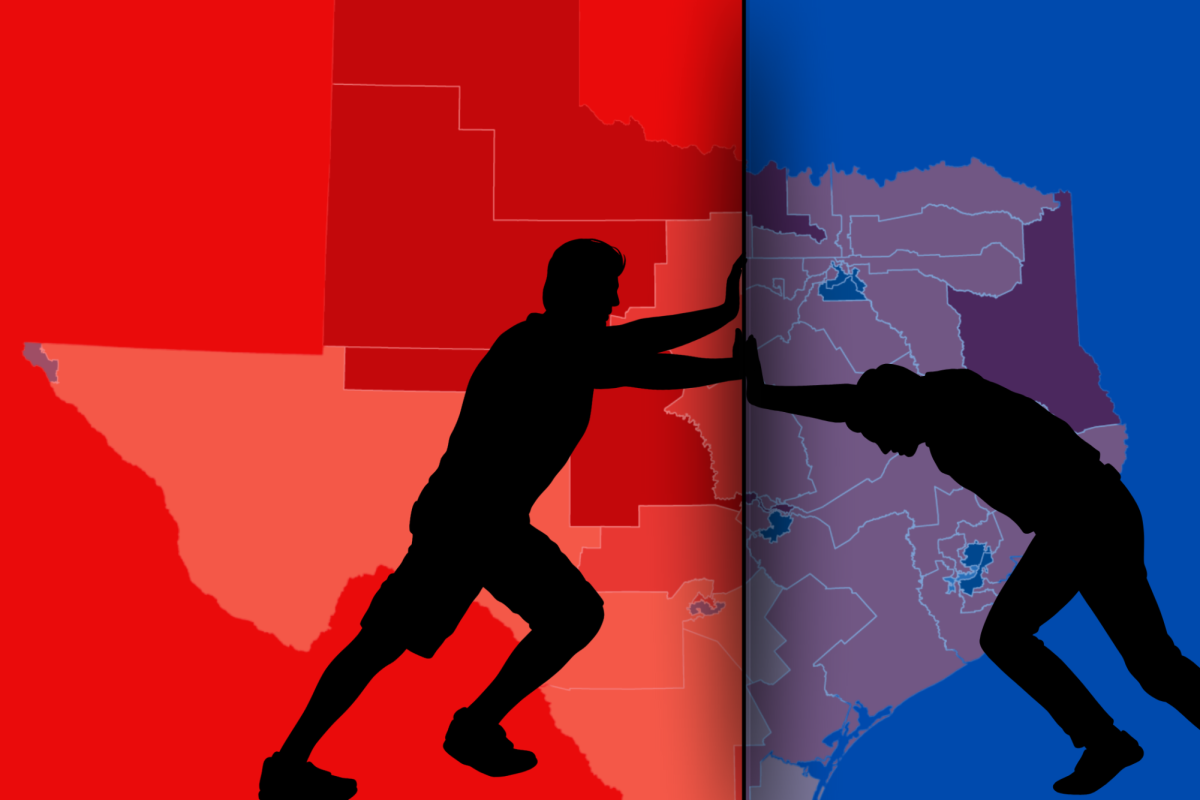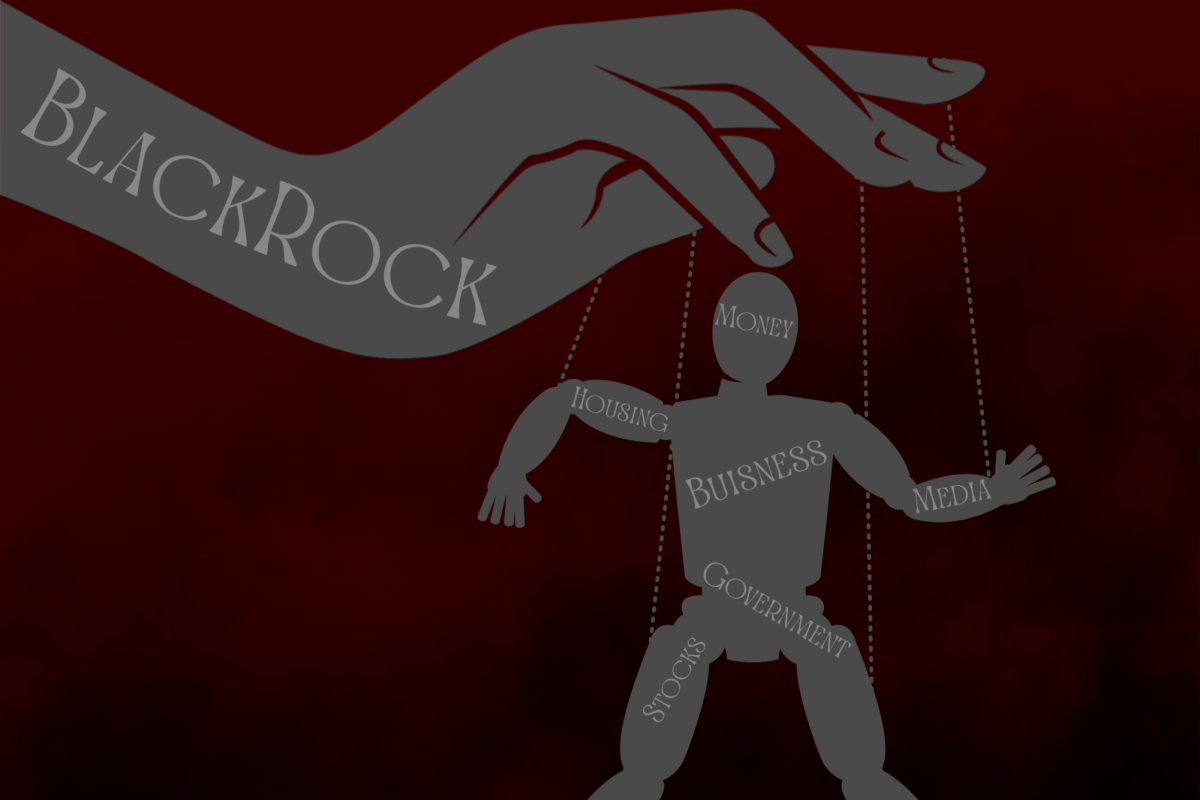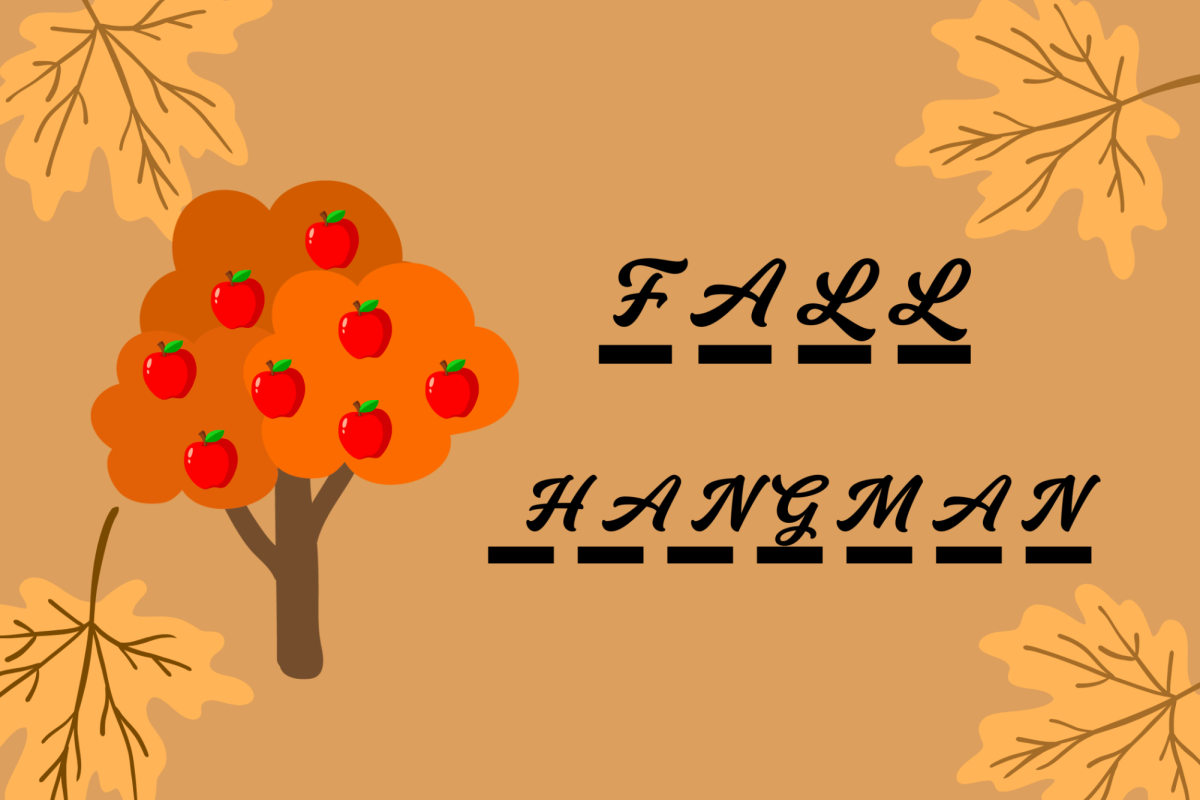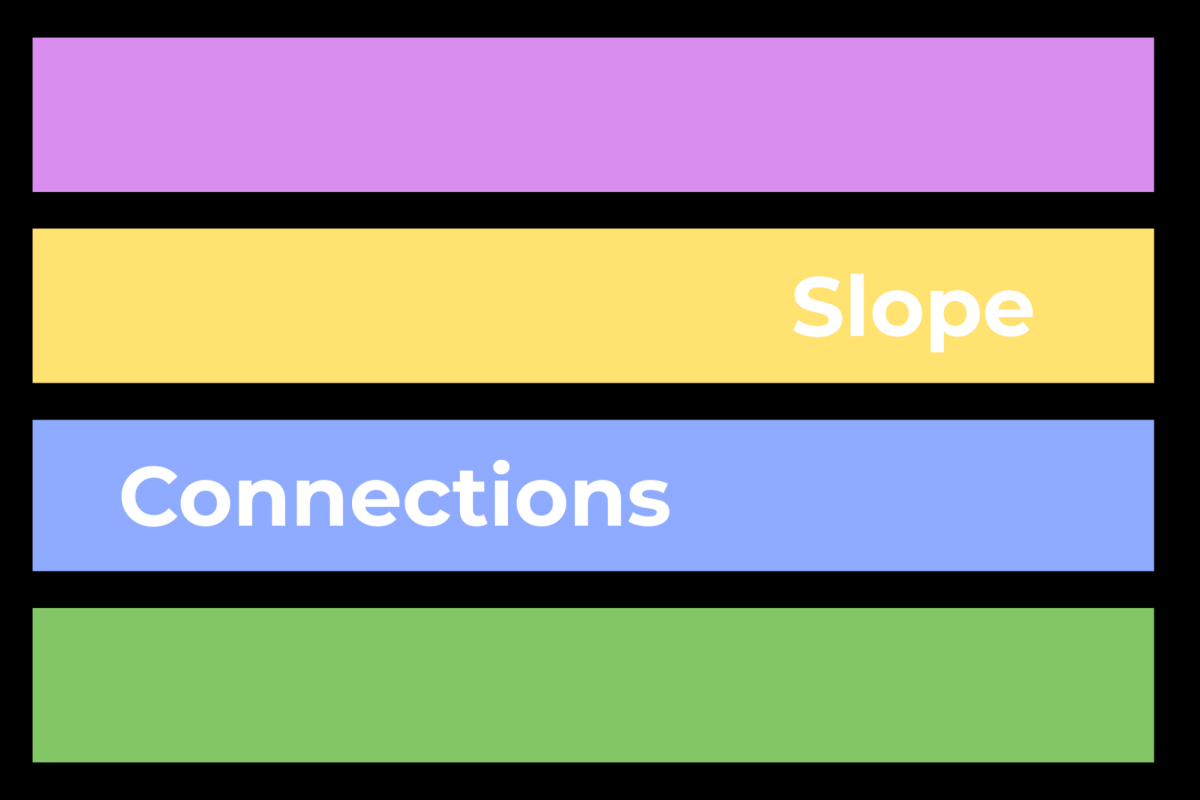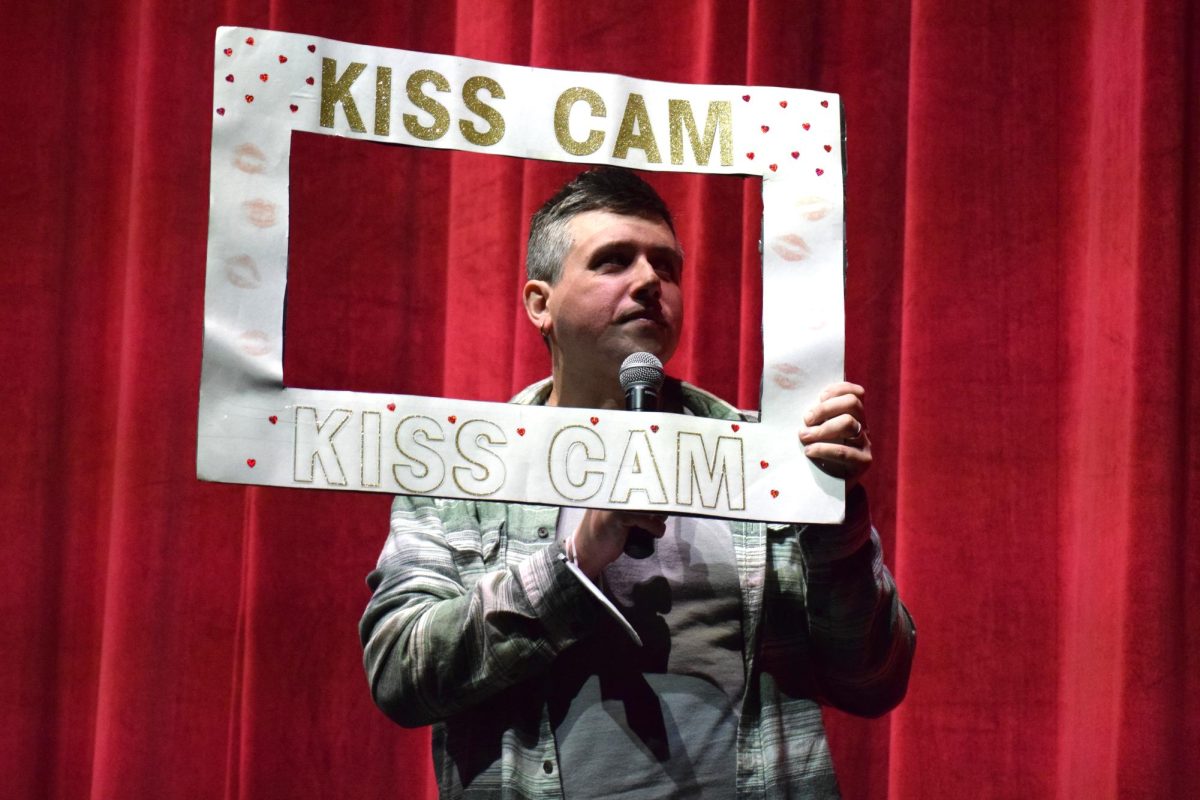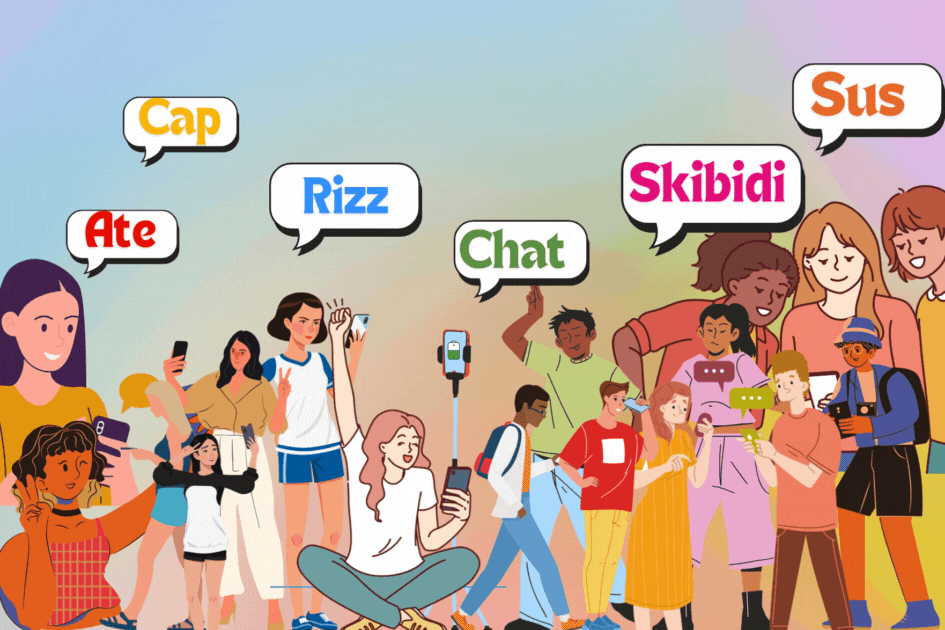You’re in a job interview and suddenly the word ‘skibidi’ comes out of your mouth and you’re mortified.
The rise of internet slang has transformed the way people communicate in a negative way.
While this shorthand has made texting and chatting more efficient, it has also contributed to the downfall of sophistication of the English language in significant ways.
Internet slang encourages laziness in writing.
The idea is to shorten phrases into abbreviations and acronyms that promotes a habit of unprofessional words.
This has led to a generation of people who struggle to express themselves clearly in formal contexts.
For example, the use of “u” instead of “you,” or “r” instead of “are,” has become so normalized in daily communication that many people, particularly the younger generation, may fail to recognize when these shortcuts are inappropriate in professional communication.
The over-reliance on abbreviations can change spelling, grammar, and punctuation, for the worst.
Internet slang tends to promote a lazy way of speaking.
While this may work for casual conversations, it undermines the rich variety and nuance of language.
Words like “chat” or “rizz” become popular because they are easily said, but they often lack the depth and specificity that traditional vocabulary can provide.
This broad application of simplistic terms derails from the expressive power of language, limiting the ability to communicate complex thoughts or emotions with the precision that is looked for in professional settings.
Another concern is the transient nature of internet slang.
Many terms have a short lifespan, evolving quickly as new memes and trends emerge.
As a result, the vocabulary of internet slang can be ephemeral and context-dependent, leaving behind a fragmented linguistic landscape.
This inconsistency undermines language’s ability to evolve in meaningful, lasting ways.
While internet slang may be fun and efficient for casual digital interactions, it poses a serious risk to the English language.
As these shortcuts seep into formal and academic settings, they threaten to mess with richness that allows for clear, precise, and thoughtful communication.
‘’Internet addiction is a common and probably under-diagnosed condition which affects people across different levels of education, employment and socioeconomic status,” said Neurologist Rawan Tarawneh at The Ohio State University Wexner Medical Center.
So not only does the slang negatively affect education, but it is also seen as an addiction.




